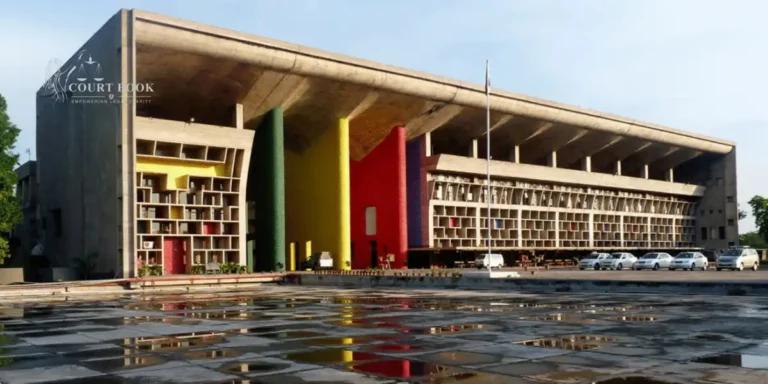The Punjab & Haryana High Court recently upheld a divorce decree granted in favor of a husband who alleged cruelty by his wife. The court ruled that the wife’s persistent pressure on her husband to live separately from his parents amounted to cruelty, justifying the dissolution of their marriage.
Background of the Case
The Family Court had previously granted a divorce based on the husband's claims that his wife had insulted and abused him and pressured him to separate from his family. Although the wife and her father were acquitted in a criminal case under Sections 306 and 34 of the IPC, the husband was still able to establish a case for divorce on grounds of cruelty.
Court's Observations and Judgment
The case was heard by Justice Sudhir Singh and Justice Sukhvinder Kaur, who emphasized the importance of proving cruelty in divorce cases. The court noted:
"To constitute cruelty, the party alleging it must demonstrate that the behavior of the accused party made it impossible for them to continue living together."
Justice Singh elaborated that acts of cruelty could be physical, mental, or both. He further stated:
"Though there is no mathematical formula to determine cruelty, each case must be evaluated based on the gravity of the allegations."
The bench analyzed the husband’s claims and found that his wife had indeed subjected him to mental cruelty by forcing him to sever ties with his family. The court also observed that:
"The cruelty must be of such a nature that it logically and reasonably concludes that a reunion between the parties is impossible."
The husband contended that he married in 2018, but soon after, his wife began pressuring him to move out of his family home. He alleged that she used abusive language and harassed his family by filing criminal complaints, which ultimately led to his father’s suicide.
Read Also:- Punjab And Haryana High Court: Mere Signature Does Not Validate a Will Without Proof of Awareness
Although the wife and her father were acquitted in the suicide case, the husband maintained that his wife's actions had caused irreparable mental trauma.
On the other hand, the wife's counsel argued that the husband falsely implicated her and her father in a criminal case under Section 306 read with Section 34 IPC. She also claimed that her husband and in-laws had subjected her to dowry demands, mental harassment, and physical abuse.
Court’s Ruling
After reviewing the evidence, the court noted that the wife had not testified to counter the allegations made by her husband. The bench stated:
"The respondent-husband successfully provided evidence of the cruelty, whereas the appellant-wife failed to rebut the allegations."
The court relied on the Supreme Court’s precedent in Ramchander v. Ananta [(2015) 11 SCC 539], which held that cruelty must be assessed based on the conduct of one spouse towards the other and must be substantiated by evidence.
Considering the circumstances, the court concluded that the findings of the Family Court were legally sound and did not suffer from any infirmity. It upheld the divorce decree and dismissed the wife's appeal.
Title: XXXXX v. XXXX [FAO-913-2025]















